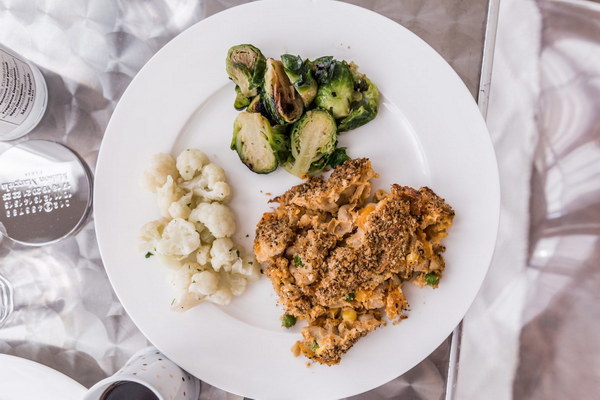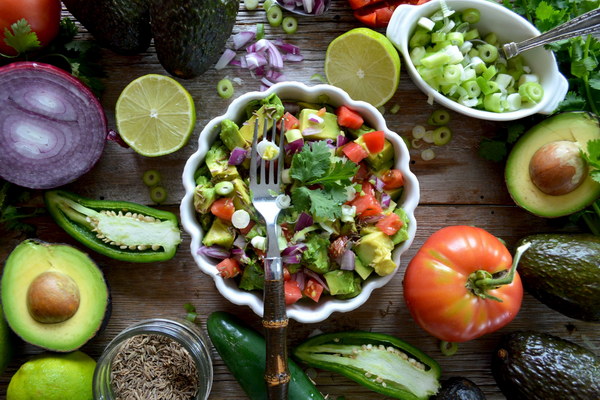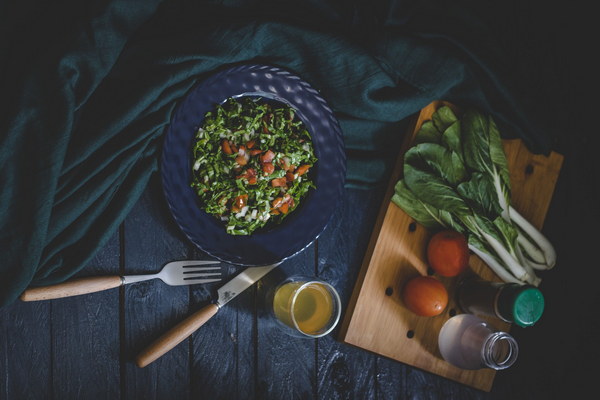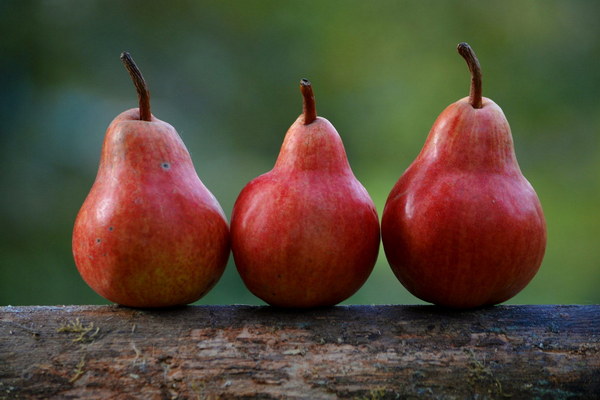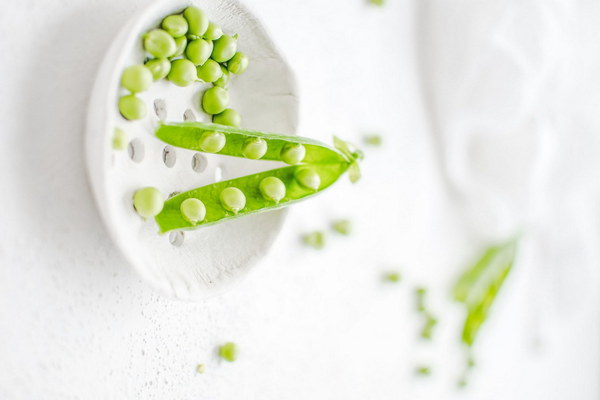Unlocking Weight Loss The Science and Strategies Behind Eliminating Damp-Phlegm for Slimming
Introduction:
Weight loss is a journey that requires a holistic approach, addressing not just dietary and exercise habits but also internal imbalances. One such imbalance is damp-phlegm, a concept rooted in traditional Chinese medicine. This article delves into the science behind damp-phlegm and presents effective strategies for damp-phlegm elimination to support weight loss.
Understanding Damp-Phlegm:
Damp-phlegm, or Phlegm-Damp, is a term used in traditional Chinese medicine to describe a condition where excess fluid accumulates in the body, leading to symptoms such as weight gain, fatigue, and bloating. This imbalance is often attributed to poor diet, lack of exercise, and exposure to damp environments.
The Science:
Modern science has not directly confirmed the existence of damp-phlegm, but it does recognize certain conditions that may be related. For instance, metabolic syndrome, a cluster of conditions that includes high blood pressure, high blood sugar, excess body fat around the waist, and abnormal cholesterol levels, may share similarities with the symptoms associated with damp-phlegm.
Eliminating Damp-Phlegm for Weight Loss:
1. Diet:
- Reduce Intake of Cold and Damp Foods: Foods that are cold, raw, or difficult to digest, such as ice cream, salads, and dairy products, can exacerbate damp-phlegm. Opt for warm, cooked, and easily digestible foods instead.
- Increase Consumption of Herbs and Spices: Herbs like ginger, turmeric, and cinnamon can help warm the body and aid in damp-phlegm elimination.
- Eat More Vegetables: Incorporate a variety of vegetables into your diet to support digestion and improve overall health.
2. Exercise:
- Regular Physical Activity: Engaging in moderate-intensity exercises like walking, cycling, or swimming can help improve circulation and support weight loss.
- Deep Breathing Techniques: Practices such as tai chi and qigong can help balance the body's energy, promoting the elimination of damp-phlegm.
3. Lifestyle:
- Adequate Sleep: Ensure you get enough sleep, as poor sleep quality can contribute to weight gain and damp-phlegm accumulation.
- Manage Stress: High stress levels can disrupt hormonal balance, leading to weight gain and damp-phlegm. Techniques such as meditation and deep breathing can help manage stress.
- Avoid Exposure to Damp Environments: Minimize exposure to damp or cold environments, as they can exacerbate damp-phlegm symptoms.
4. Herbs and Supplements:
- Traditional Chinese Medicine: Herbs like astragalus, codonopsis, and rehmannia may help support damp-phlegm elimination and weight loss.

- Supplements: Consider adding supplements like probiotics and digestive enzymes to support digestion and improve gut health.
Conclusion:
Eliminating damp-phlegm is a comprehensive approach to weight loss that focuses on diet, exercise, lifestyle, and, in some cases, herbal and nutritional support. By addressing the root cause of weight gain and associated symptoms, individuals can achieve lasting weight loss and improved overall health. Remember to consult with a healthcare professional before making any significant changes to your diet, exercise, or supplement regimen.
